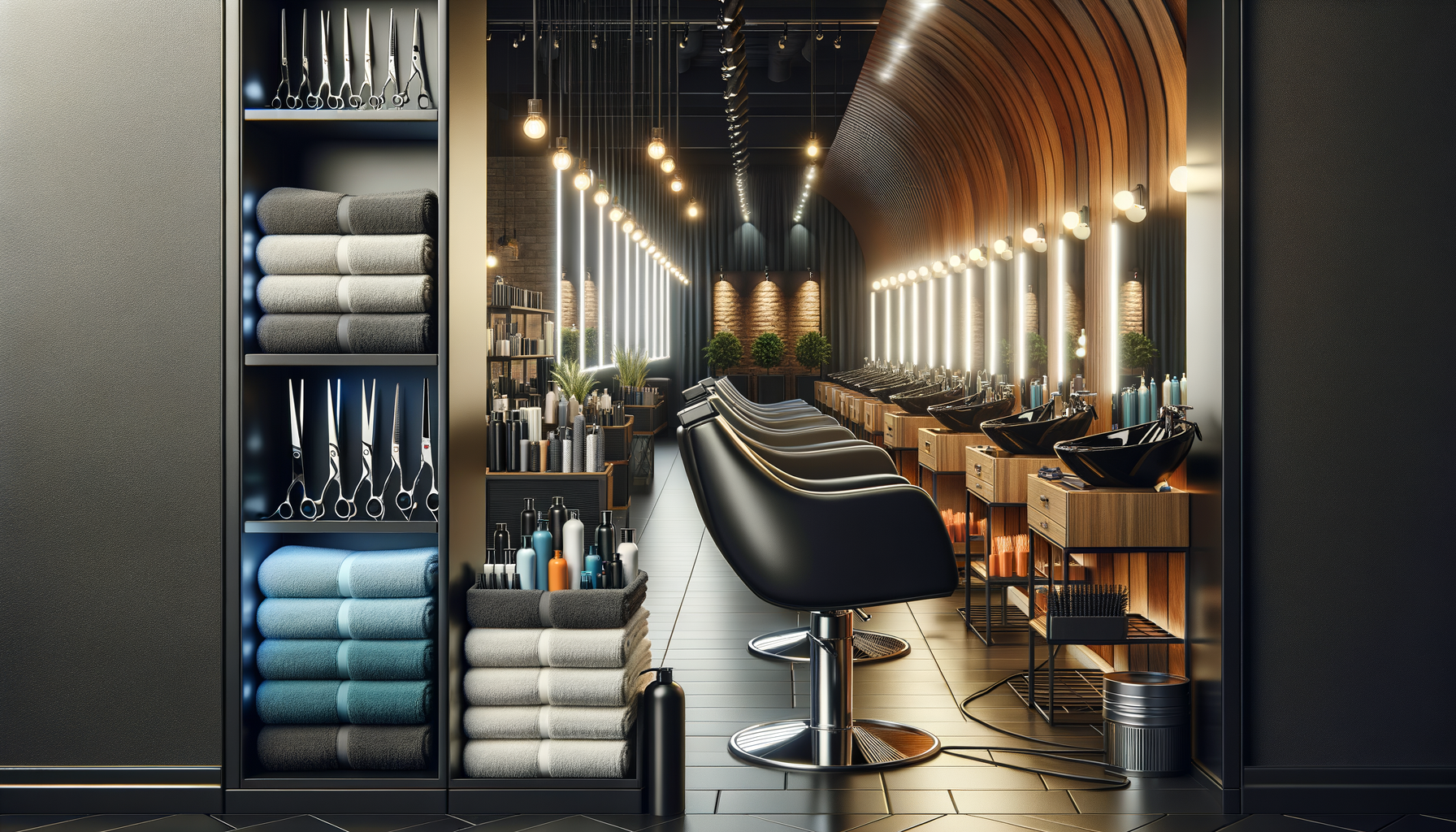
Hairdresser Services for Seniors: Comfortable and Personalized Hair Care Options
Understanding the Unique Needs of Senior Clients
As people age, their hair undergoes various changes, making it essential for hairdressers to be well-versed in handling these transformations. Hair often becomes thinner, more fragile, and may change in texture or color. Senior clients may also have specific medical conditions affecting their hair and scalp health, such as alopecia or psoriasis. Understanding these needs is crucial for delivering exceptional service.
Hairdressers specializing in senior care must be skilled in gentle handling techniques and knowledgeable about products that cater to older hair. For instance, using sulfate-free shampoos and conditioners can help maintain moisture and prevent further damage. Additionally, offering advice on scalp health and home hair care routines can empower seniors to take better care of their hair between salon visits.
Creating a welcoming environment is equally important. Salons that are accessible for individuals with mobility challenges, featuring ramps and spacious layouts, ensure all clients feel comfortable and valued. This attention to detail demonstrates a commitment to providing a positive experience for senior patrons.
The Importance of Patience and Communication
Working with senior clients often requires a great deal of patience and effective communication. Some older adults may have hearing difficulties or cognitive impairments that necessitate clear and concise communication. Hairdressers should be prepared to repeat instructions or questions and use visual aids if necessary.
Building a rapport with senior clients can enhance their salon experience significantly. Taking the time to engage in friendly conversation and showing genuine interest in their stories can create a relaxed and enjoyable atmosphere. This connection is not only beneficial for the client but also rewarding for the hairdresser, fostering a sense of community and trust.
Patience is also essential when dealing with clients who may be anxious about trying new styles or treatments. Hairdressers should be willing to spend extra time discussing options, providing reassurance, and ensuring clients are comfortable with the decisions made. This approach helps to build confidence and satisfaction with the service provided.
Ensuring Safety and Comfort in the Salon
For senior clients, safety and comfort are paramount concerns when visiting a hair salon. Hairdressers should be attentive to any physical limitations their clients might have, ensuring that salon chairs are comfortable and adjustable to accommodate different needs. Offering assistance when moving around the salon can also prevent accidents and make clients feel more secure.
Temperature control within the salon is another important factor, as older adults may be more sensitive to changes in temperature. Ensuring the salon is at a comfortable temperature and providing blankets or shawls if needed can enhance the overall experience.
Additionally, hairdressers should be mindful of the duration of appointments. Seniors may tire more easily, so offering breaks during longer treatments can help maintain their comfort. By prioritizing these aspects, hairdressers can provide a service that is not only professional but also compassionate and considerate of the unique needs of their senior clientele.


